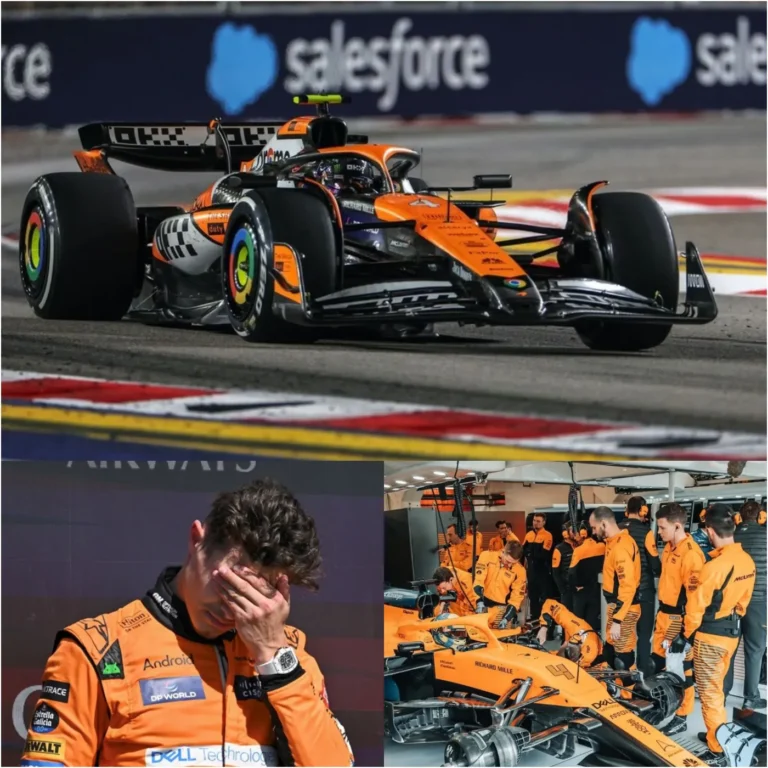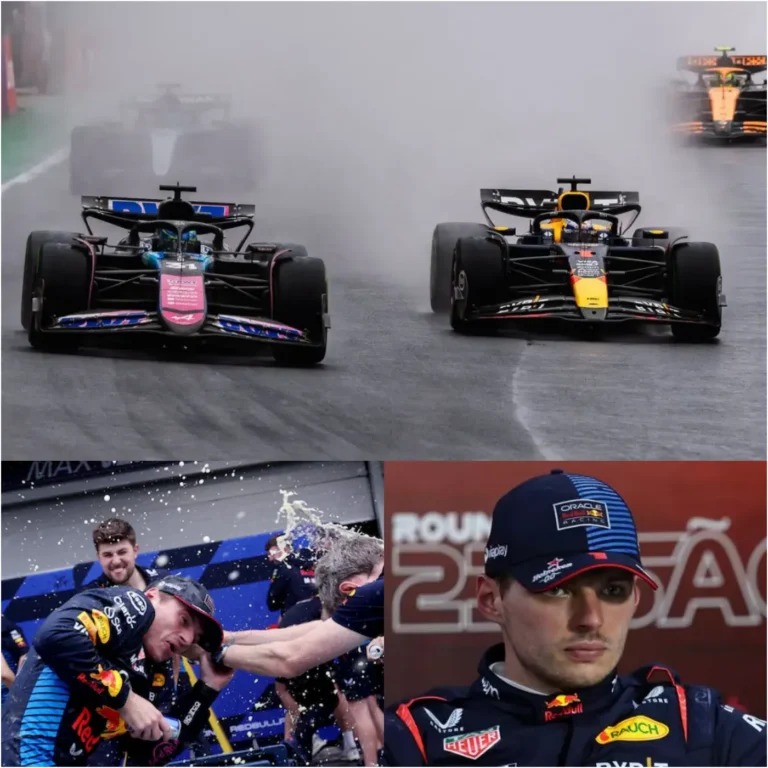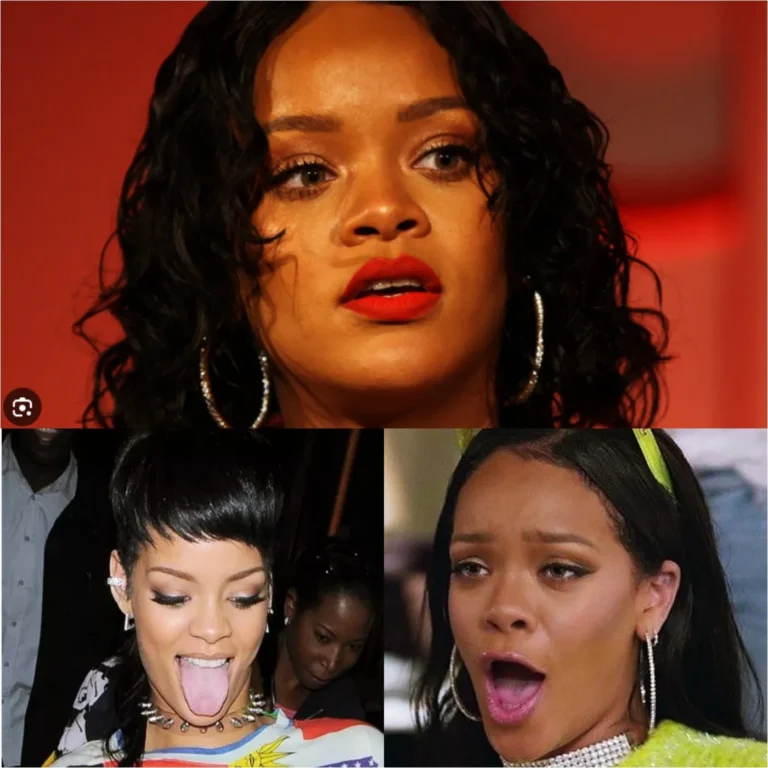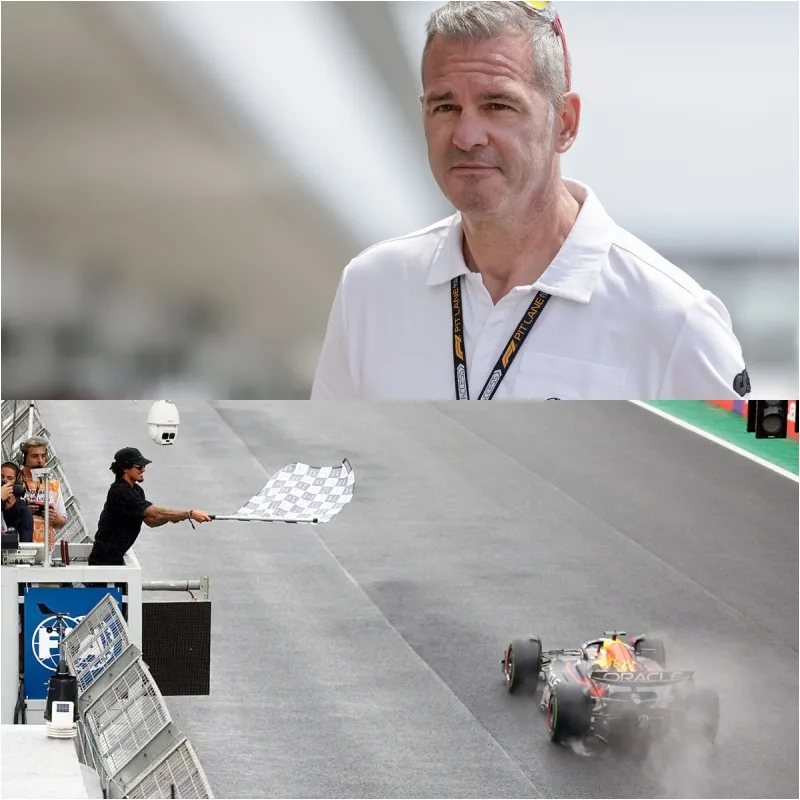
In a surprising move, Niels Wittich has stepped down as Formula 1’s race director with only three races remaining in the season, leaving the title still up for grabs. The FIA, F1’s governing body, confirmed the news on Tuesday, stating that Wittich would be replaced by Rui Marques, the former race director for Formula 2 and Formula 3, beginning with the Las Vegas Grand Prix next week.
However, German publication motorsport-magazin.com quoted Wittich, who is from Germany, denying that he resigned. Wittich reportedly stated, “I did not resign,” though the FIA did not comment further on the matter at the time.
The FIA released a statement confirming Wittich’s departure, expressing gratitude for his professionalism and dedication in fulfilling his duties. “Niels has fulfilled his numerous responsibilities as race director with professionalism and dedication. We thank him for his commitment and we wish him the best for the future,” the statement read. The FIA also emphasized that Marques brings a “wealth of experience” to the role.
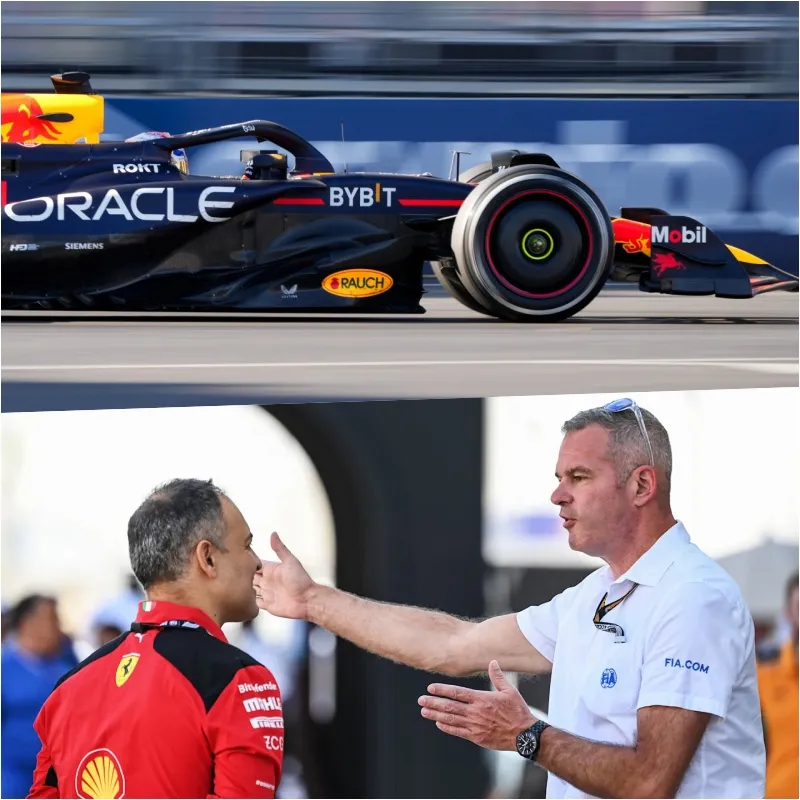
What Led to Wittich’s Departure and the Impact on F1
Wittich’s departure marks the latest in a series of shakeups at the FIA, which has seen multiple senior officials leave in recent months. This comes just after drivers publicly criticized the FIA and its president, Mohammed Ben Sulayem, for recent decisions, including penalties imposed on top drivers for swearing.
Marques, who has experience overseeing F2 and F3 events, will take on the critical role of race director at a pivotal time. His first race as F1’s race director could determine the drivers’ title. Max Verstappen, who leads the championship, could secure his third consecutive world title if he finishes ahead of Lando Norris in Las Vegas on November 23.
The race director’s role in Formula 1 focuses heavily on safety and ensuring clear communication with drivers, but it has been a point of controversy in the past. In 2021, former race director Michael Masi’s decisions at the Abu Dhabi Grand Prix sparked intense debate. Masi’s decision to resume racing after a safety car period allowed Verstappen to overtake Lewis Hamilton and win his first world title, resulting in protests from Hamilton’s Mercedes team. While the FIA later concluded that Masi had made a “human error,” the controversy highlighted the immense pressure placed on race directors and led to significant changes in race regulations.

The Evolution of F1 Race Direction and Controversies
Masi was replaced as race director ahead of the 2022 season, with Wittich and Eduardo Freitas initially sharing the duties. Wittich took full control later that year. His tenure was marked by another moment of tension in 2022 when he attempted to enforce an FIA rule cracking down on drivers wearing jewelry. This led to a notable standoff with Lewis Hamilton, who arrived at the Miami Grand Prix sporting multiple necklaces, watches, and rings, challenging the rule.
This season, while the race director’s decisions have not been as controversial as Masi’s, there has still been significant discussion about the consistency of stewarding decisions, particularly regarding penalties for aggressive driving. Verstappen and Norris, among others, have faced scrutiny for their on-track conduct, and the penalties handed down by stewards have been a focal point of debate.
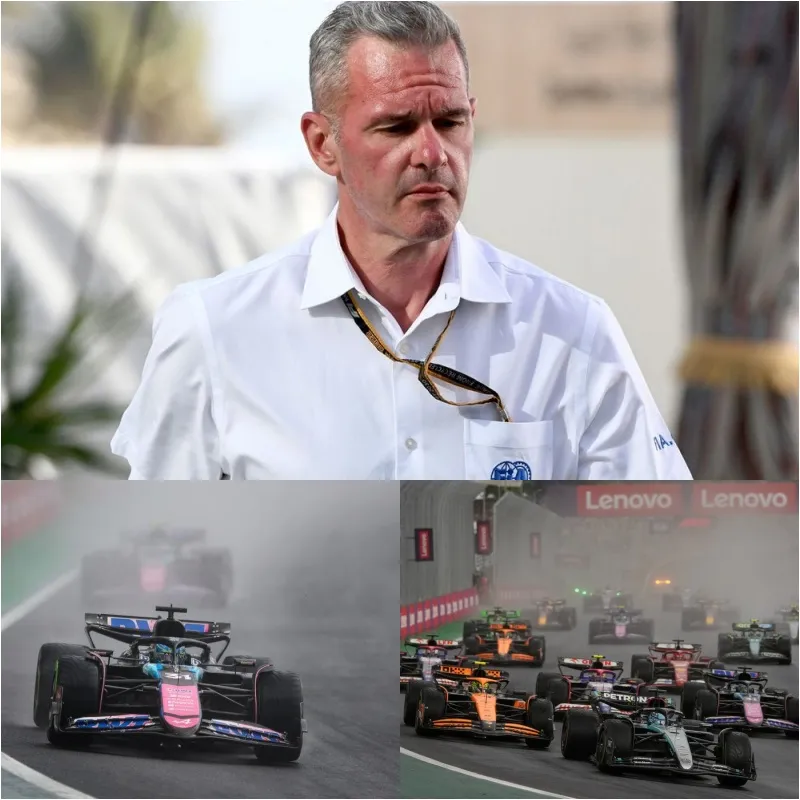
What’s Next for F1’s Race Direction?
With Wittich’s departure and Marques stepping in, the focus will be on how the new race director handles the remaining races. The Las Vegas Grand Prix, set for November 23, is a critical event, and the race director’s decisions could have a lasting impact on the championship outcome. The FIA’s move to replace Wittich with Marques could signify a shift in approach for F1’s governance, as the sport continues to evolve amidst changing dynamics on and off the track.
As the season nears its conclusion, all eyes will be on how the FIA handles the final races, the title battle, and how Marques manages the pressure that comes with overseeing one of the most high-stakes sports in the world.
